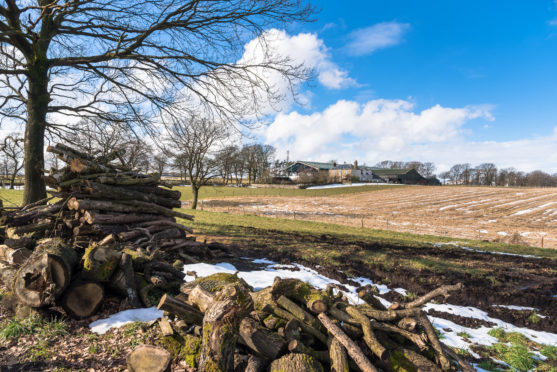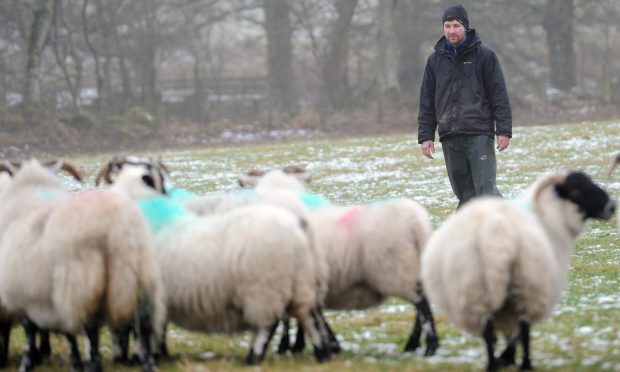There is a strong case for land and property taxation reform in Scotland concludes a new report carried out for the Scottish Land Commission (SLC).
Written by a research team at Reading University, the report addresses the question of whether or not more needs to be done to ensure that gains, made from rising land values, could be better used to benefit society as a whole.
The team’s short answer is that the introduction of land value taxation (LVT) could help deliver Scotland’s land reform objectives and raise revenue in a more progressive way than currently exists. However, in looking at how similar taxation methods have worked elsewhere in the world, they also conclude that a number of practical issues would need to be resolved before any LVT could be implemented.
“The report provides a good evidence base for us to engage widely on the potential role LVT could play in making more of Scotland’s land,” said SLC chief executive Hamish Trench.
“The research suggests LVT could contribute to addressing key land reform objectives, including bringing vacant and derelict sites into use, reinvesting rising land values to public benefit and moving to a more diverse and productive pattern of land ownership.”
SLC added it will be engaging widely with stakeholders to undertake further analysis of the role LVT could play in Scotland.
However Scottish Land & Estates warned of the potential impact the tax could have across Scotland.
The organisation’s executive director, Sarah-Jane Laing, claimed rural businesses were already subject to a well-established and complex tax regime and LVT was, in effect, already in existence in the form of capital gains tax, inheritance tax and developer contributions when planning permission is granted.










